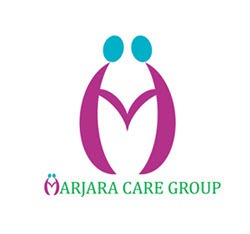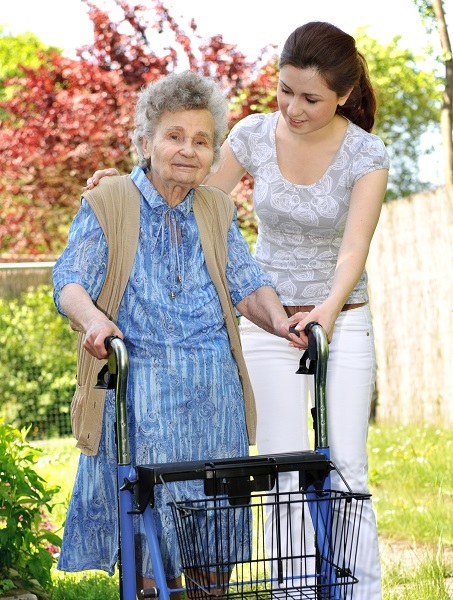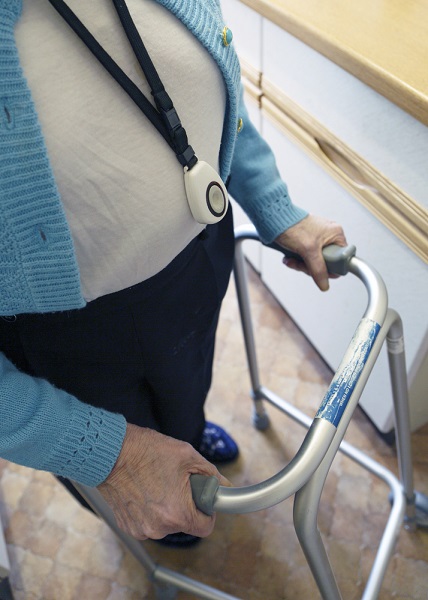Reducing the risk of falls for older people
Falls are the number one reason that people are taken to A&E hospital departments. Most falls don’t cause serious injury but can leave you feeling distressed, and over the long term can lead to a loss of self-confidence and independence.
What causes falls in the elderly?
As we grow older, changes in our bodies such as deteriorating eyesight, weakening muscles and stiffening joints can all contribute to problems with balance and poor muscle tone which increase the risk of falling.
Add health problems into the bargain - whether you have a long term condition such as diabetes or dementia, you’re recovering from a serious illness or surgery, such as stroke or heart problems, or suffer a short term illnesses, such as flu or urine infection - and your risk of falling increases significantly.
Risk factors for falls
There are many factors to be aware of that can significantly increase the risk of falling. These include:
Hazards in the home
Slippery surfaces(such as bathroom or kitchen floor tiles), internal steps, uneven garden paths, rugs on the floor and inadequate lighting can all cause problems even in the very familiar surroundings of your own home.
Sensory and balance problems
Reduced sensation (common in diabetes) , muscle weakness, poor balance or impaired vision can all impair freedom of movement.
Medicines
The side effect of any medicine, or combination of medicines, can potentially be a risk factor so need to be taken into careful consideration.
Poor fitting footwear
Loose slippers or shoes that don’t fit properly are an obvious hazard that can be easily be corrected.
Incontinence
Rushing to get to the toilet or having to deal with awkward and bulky pads can cause problems.
Chronic disease
Parkinson’s disease, stroke, dementia, delirium, low blood pressure, arthritis, diabetes, depression and osteoporosis are all major risk factors.
How to reduce the risk of falls in the elderly
If you’ve had a fall, don’t just dismiss it as an inevitable part of getting older, lack of concentration or clumsiness. Seek help... because there are plenty of things you can do to reduce your risk. Here are a few of our recommendations…
1. Talk to a health professional
It’s a good idea to talk to your GP particularly if you have one or more of the conditions that puts you at heightened risk of falling. They will be able to review your medications and may well refer you to another health professional or service who can help.
2. Explore the possibility of modifications to your home to make it safer and easier to live in
Installing grab rails at strategic points - particularly by steps, at the side of the the toilet and in the bathroom. These can help make it much easier to move around your home. The advice of an Occupational Therapist can be invaluable here both in advising where grab rails will be best placed and in the range and suitability of other mobility aids that could help.
Hazard proofing each room can also improve safety. Remove or replace worn or frayed rugs or carpets that could trip you up, keep pathways clear of obstacles to give yourself room to move, and make sure lighting is bright enough, particularly between bedroom and bathroom at night.
3. Eat properly
Maintaining a healthy and nutritious diet, and drinking enough fluids are essential to staying strong and active.
4. Keep exercising
Staying active prevents your joints stiffening and your muscles weakening. A physiotherapist will be able to help you with balance and strengthening exercises and will ensure that any mobility aids you use, such as walking frame or sticks are the right height for you and are well maintained.
5. Make sure all clothing and footwear is easy to manage and fits well
The right shoes can make a big difference. Comfortable, firm fitting shoes with a good grip are essential, so get rid of loose fitting slippers that don’t support your feet and don’t walk about in just socks which have no grip. Make sure clothing doesn’t cause a trip hazard by being too long and is comfortable to move about in.
6. Consider fitting an emergency alarm
These come in various forms but knowing that help is at hand in an emergency is an important confidence boost.
Sycamore Lodge is a thriving residential and nursing care home in Ashby, Scunthorpe offering high quality residential, nursing and respite care. We pride ourselves on providing a friendly and welcoming atmosphere so to find out more about the services we offer, please give us a call on 01724 410129. Or you can always drop an email to Sara, the Home Manager, at sycamore@marjaracaregroup.co.uk




